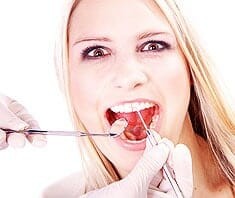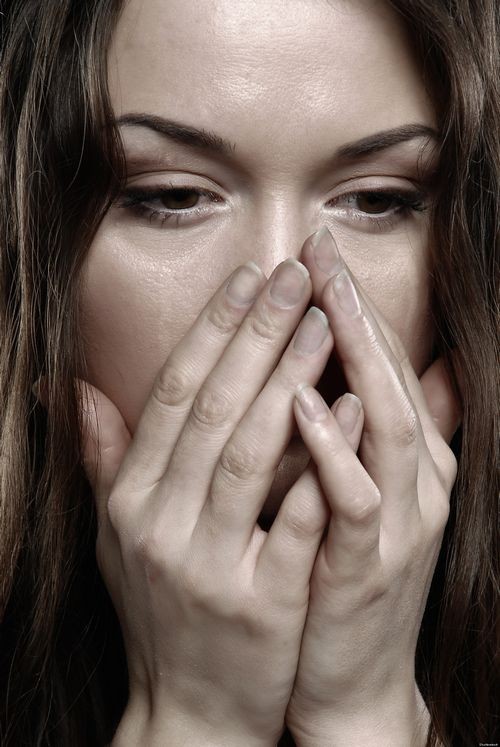
Fear of the dentist
General / basic
Fear of the dentist is common. According to various surveys, three out of four respondents fear the dentist. Like every form of fear, fear of the dentist is nothing unusual at first. After all, there are certainly more pleasant situations than lying relatively helplessly on a folded back chair and letting someone fiddle in his mouth. However, around forty percent of the respondents postponed their visit to the dentist until they suffered severe pain. The fact that delaying the visit often aggravates the dental problems and thus the treatment is often overlooked. In about every twentieth, fear ultimately means that they no longer go to the dentist for fear of dental treatment. Such exaggerated fear can be attributed to various causes and is often not comprehensible for the environment. Sufferers often react with shame and restraint, there are numerous therapeutic options, approaches and options that can alleviate or overcome fear.






